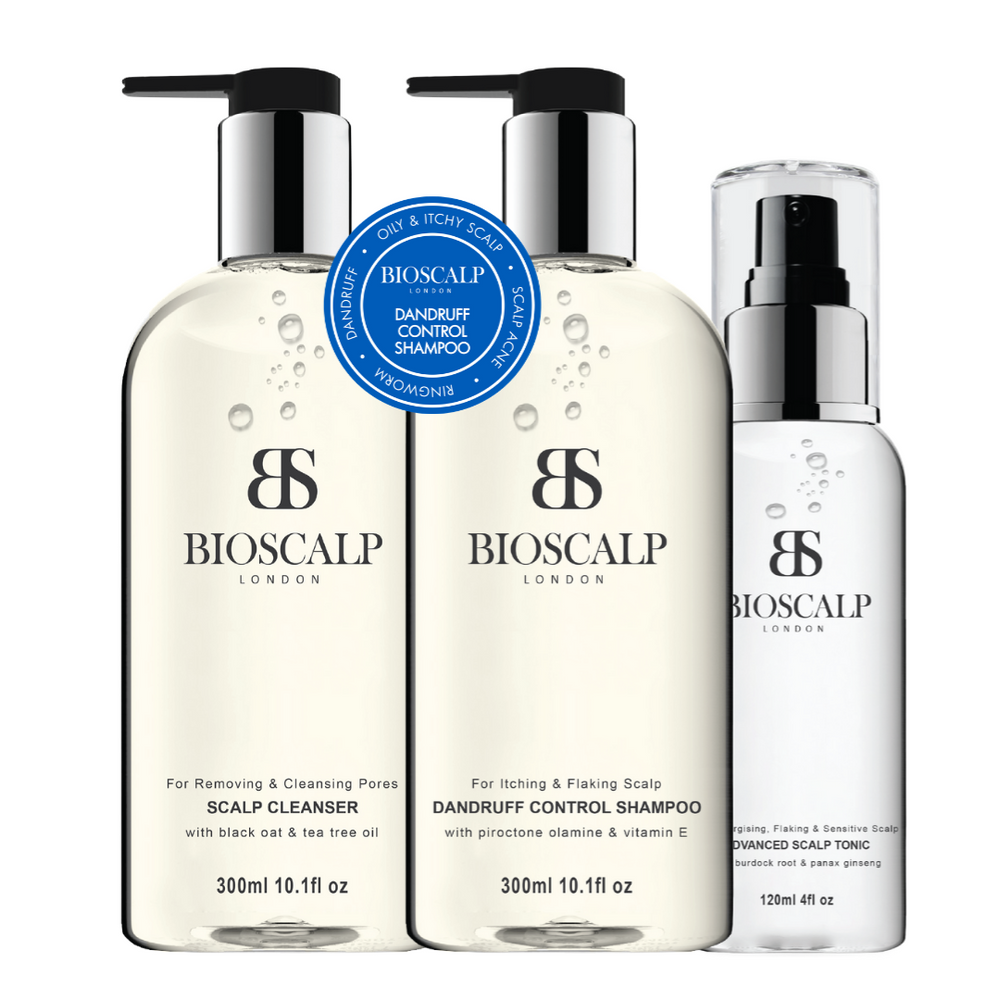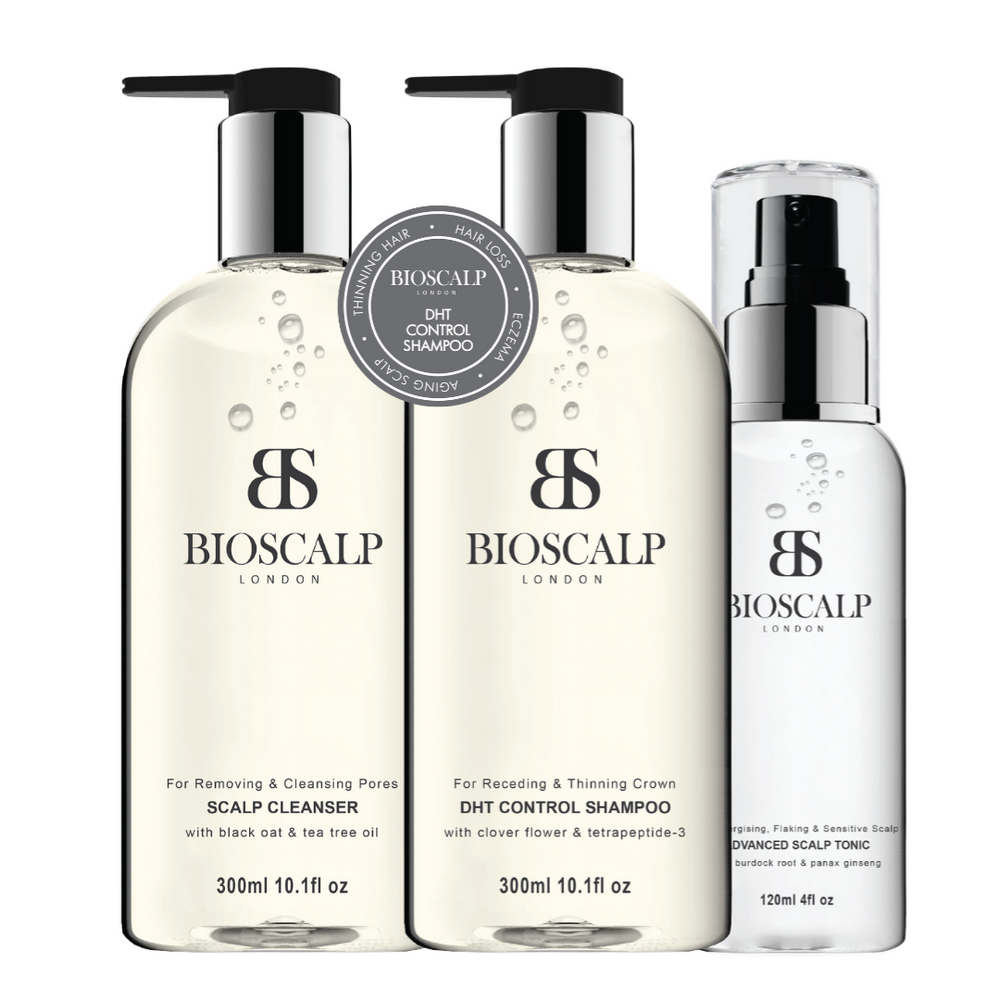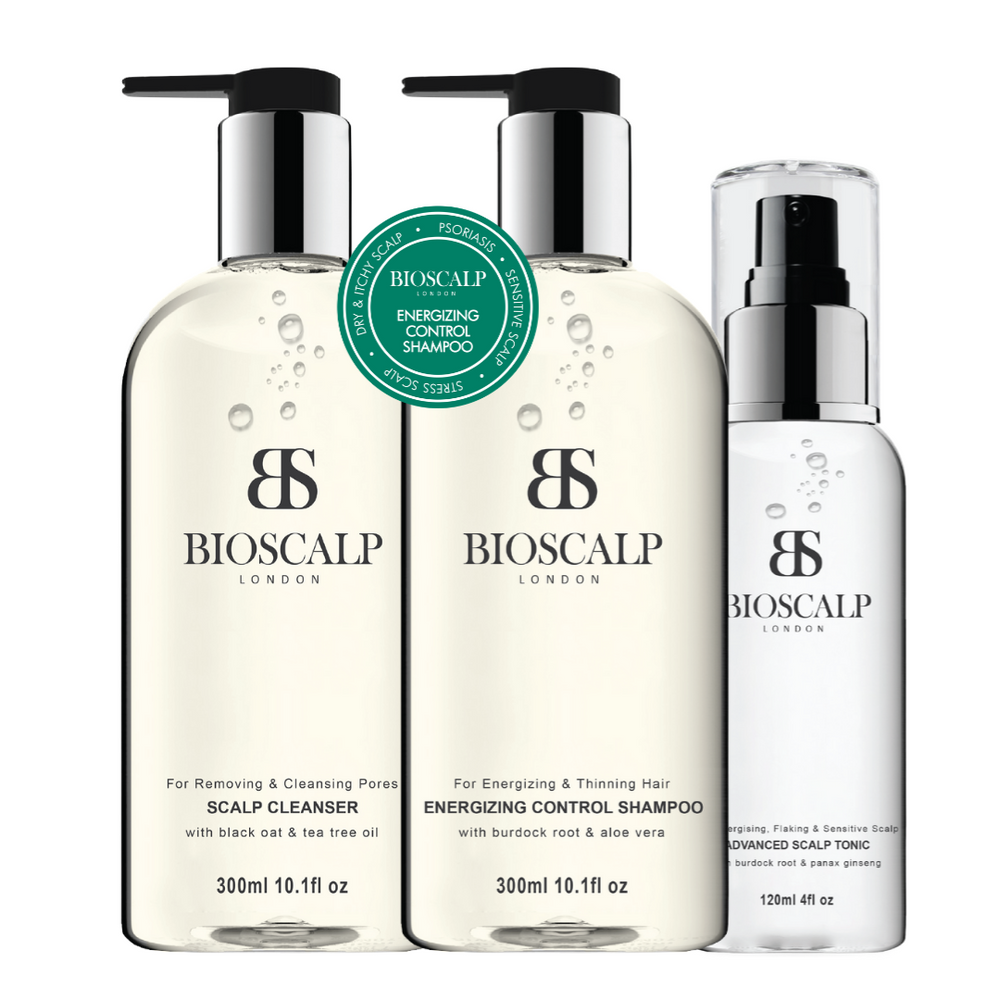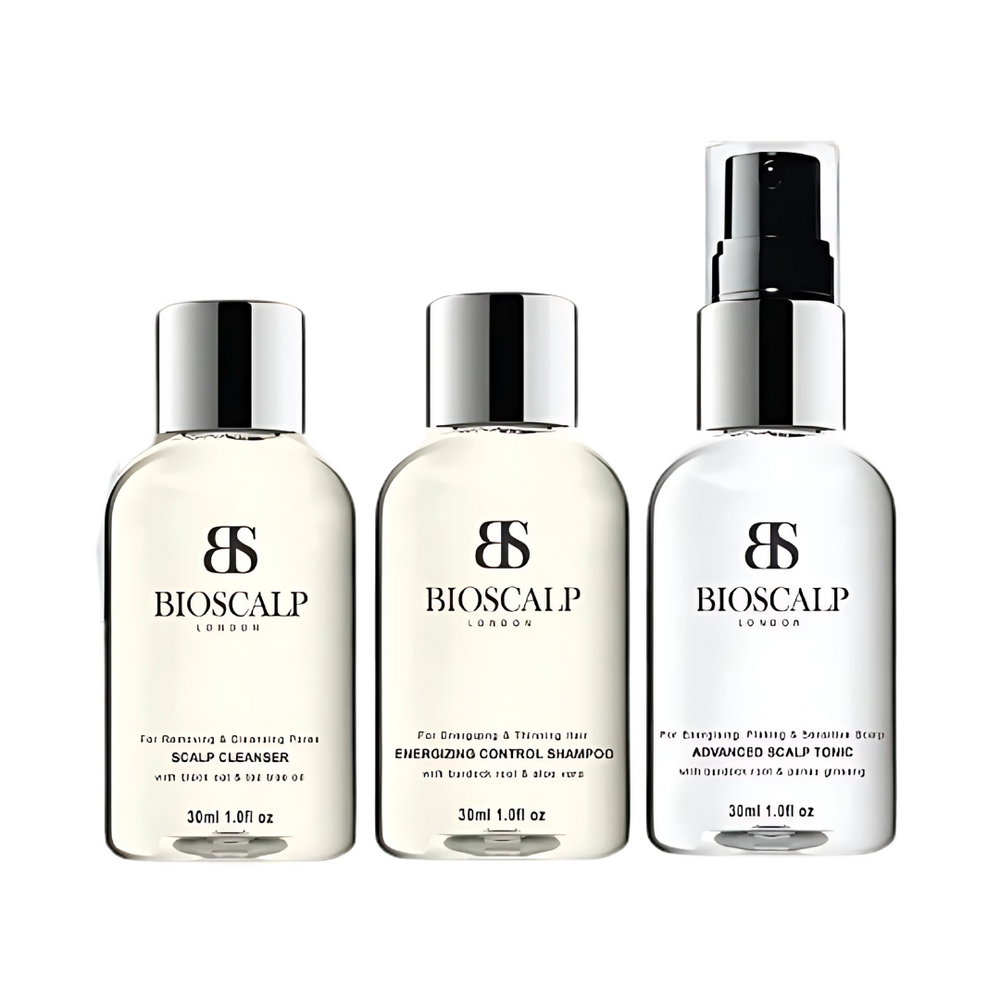Hair loss is a common concern that impacts people of all ages, prompting many to search for effective ways to prevent or reduce it. Fortunately, there are numerous strategies—ranging from lifestyle adjustments to advanced therapies—that can help tackle this issue. Here's a detailed look at some of the most popular and effective approaches to combat hair loss.
Nutritional and Lifestyle Changes

Adopt a Balanced Diet
A well-rounded diet plays a vital role in promoting hair health. Incorporating foods rich in proteins, vitamins, and minerals can strengthen hair from the inside out. Diets like the Mediterranean diet, which emphasize fruits, vegetables, whole grains, and healthy fats, are particularly beneficial. Key nutrients like biotin, zinc, vitamin D, and iron are essential for hair follicle function and growth, making them an integral part of any hair care regimen.
Stay Hydrated
Hydration isn’t just essential for overall health—it’s a key factor in maintaining strong, nourished hair. Drinking sufficient water keeps your scalp hydrated, reducing dryness and brittleness in the hair strands.
Manage Stress Levels
Stress can accelerate hair loss by pushing hair follicles into a resting phase, a condition known as telogen effluvium. Practicing stress-relief techniques such as meditation, yoga, deep breathing, or even taking short breaks during the day can significantly reduce hair loss triggered by stress.
Hair Care Practices

Maintain a Gentle Hair Care Routine
Being gentle with your hair can prevent unnecessary damage. Over-washing, harsh chemical treatments, and excessive heat styling can weaken hair strands, causing them to break or fall out. Opt for sulfate-free shampoos, use a heat protectant when styling, and give your hair regular trims to prevent split ends.
Scalp Massage
Massaging your scalp regularly can enhance blood flow to hair follicles, stimulating growth. Using natural oils like coconut or rosemary oil during these massages can provide additional benefits, such as moisturizing the scalp and supporting overall hair health.
Choose Looser Hairstyles
Tight hairstyles like ponytails or braids can strain hair follicles, leading to traction alopecia, a type of hair loss caused by tension. Looser styles are less stressful for your scalp and can help prevent this condition.
Treatments and Therapies
Medications
One of the most widely recommended treatments for hair loss is minoxidil (Rogaine). This over-the-counter topical solution is effective for both men and women, helping to slow hair loss and promote regrowth in some cases. Consistent use is key to achieving results.
Low-Level Laser Therapy (LLLT)
This innovative therapy uses low-wavelength red light to stimulate hair follicle activity. While some studies suggest promising results, the cost can be a barrier for many, as it is often not covered by insurance.
Platelet-Rich Plasma (PRP) Injections
PRP therapy involves injecting platelets from your own blood into your scalp to stimulate hair growth. Although still under investigation, it has gained popularity as a potential option for people experiencing thinning hair. However, it’s important to note that the procedure can be costly.
Supplements
If deficiencies are contributing to hair loss, supplements can play a role in reversing it. Biotin, vitamin D, iron, and zinc supplements are commonly used. However, it’s important to consult with a healthcare provider before starting any supplementation, especially if you are on other medications.

Essential Oils
Natural remedies like rosemary and peppermint oil are gaining attention for their potential hair growth benefits. When diluted with a carrier oil, these essential oils can be massaged into the scalp to stimulate hair follicles and promote a healthier environment for growth.
Conclusion
Hair loss can be a challenging experience, but it’s important to remember that effective solutions are available. From maintaining a nutritious diet and practicing stress management to exploring advanced treatments like PRP and LLLT, there’s a range of strategies to address hair loss. Adopting gentle hair care practices and consulting with a dermatologist can also provide personalized insights into managing this condition.
Taking a holistic approach, one that combines lifestyle changes, targeted treatments, and professional guidance, offers the best chance of maintaining healthy, strong hair. Remember, the sooner you take action, the better the results you’re likely to achieve.








